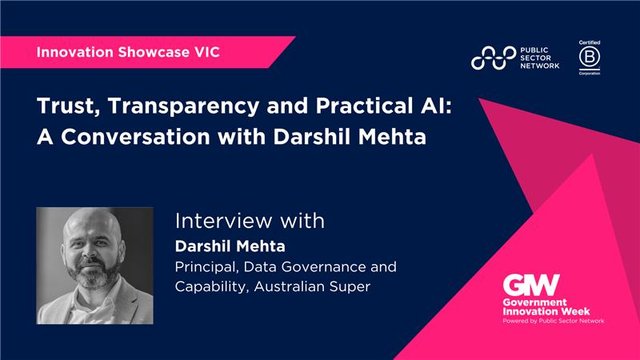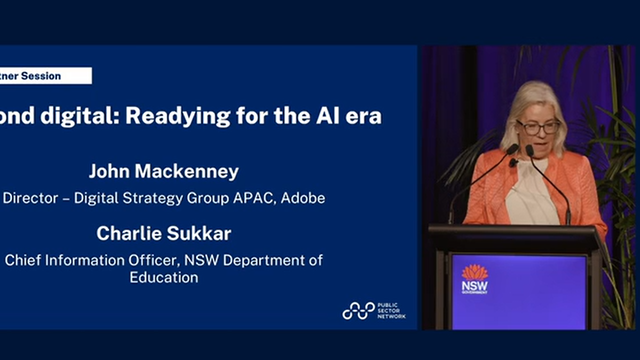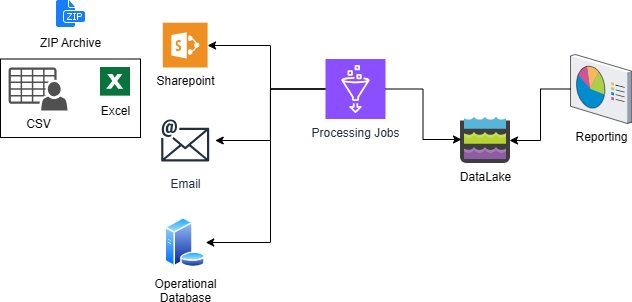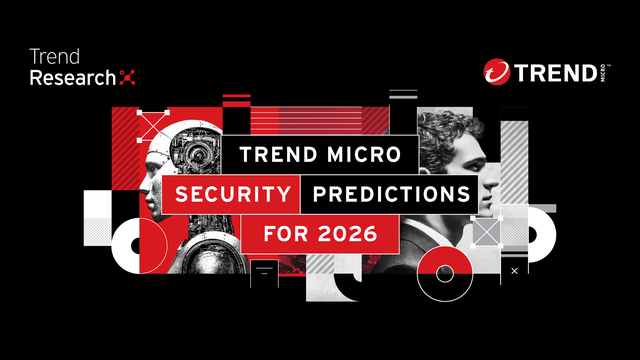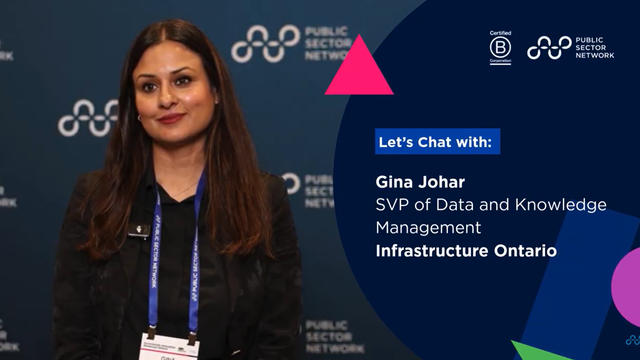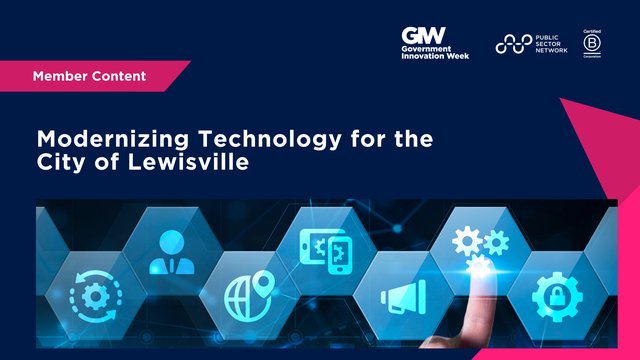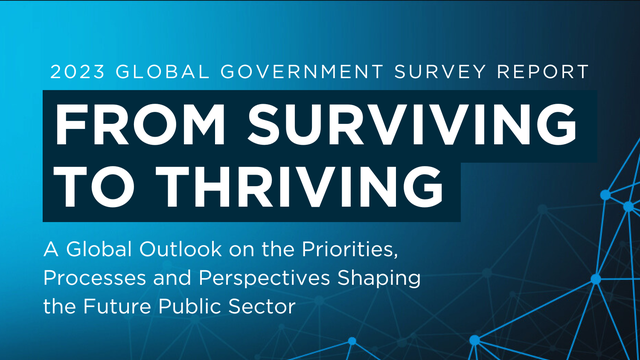

Navigating AI Governance
ISO/IEC 42001, published in December 2023, is the international standard by ISO for managing AI systems, offering a comprehensive framework to guide organisations in the ethical, secure, and transparent development, deployment, and maintenance of AI. The standard addresses key areas such as risk management, AI governance, data privacy, bias mitigation, and regulatory compliance, helping organisations navigate the complexities of AI adoption. It is closely aligned with global AI regulations like the EU AI Act and emerging guidelines in Australia, providing a structured approach to ensuring responsible AI use.
One of the main benefits of ISO 42001 is its ability to build trust among stakeholders by demonstrating a commitment to safe AI practices. Certification under this standard signals that an organisation has implemented rigorous controls to minimise risks and protect users from potential harm. It is applicable not only to developers of bespoke AI solutions but also to those using third-party systems, covering all aspects from data sourcing to testing and monitoring.
AI comes with risks.
KJR’s CTO Dr. Mark Pedersen commented “AI comes with risks. There is bias, there are security risks, data privacy concerns, there might be IP concerns, etc. ISO 42001 gives an organisation all these controls to implement to make sure you mitigate those risks when interfacing with AI products”.
However, challenges do arise in implementing ISO 42001 due to the vast scope of AI, the rapidly evolving technological landscape, and varied definitions of AI-related products. The fast-paced nature of the AI field makes it challenging to keep up with evolving technologies and emerging risks. Organisations need to conduct thorough gap analyses to identify areas requiring improvement, particularly in addressing AI bias, data privacy, and compliance with local laws. Although ISO 42001 provides flexibility in how its requirements are met, organisations must continuously adapt to stay ahead of emerging risks and evolving standards.
Despite these challenges, the framework’s benefits are substantial, especially for high-risk sectors like healthcare and legal services, where safe and ethical AI usage is critical. Implementing ISO 42001 can enhance AI system quality and effectiveness, reduce risks, and help organisations align their practices with government regulations.
While ISO 42001 provides the controls to have in place, it does not dictate how to implement them, giving organisations flexibility in adapting the practices to their specific needs.
ISO 42001 Certification
KJR’s Stan Potums, a Machine Learning specialist with nearly ten years’ experience in the field is a certified ISO 42001 Lead Implementer. With a deep understanding of AI governance, risk management, and compliance requirements Stan works with organisations looking to adopt responsible AI practices to implement the controls and practices outlined in the standard. “This ISO 42001 certification equips me to work with all the stakeholders to not just put policies and other controls in place, but also verify that they effectively address and resolve the challenges at hand”.
As AI management continues to evolve, ISO 42001 will likely become a cornerstone for responsible AI governance, potentially becoming mandatory in high-stakes domains. Organisations that adopt this standard early will be better positioned to navigate the future of AI regulation and safeguard their innovations with strong governance practices.
Overall, ISO 42001 plays a crucial role in promoting responsible AI by providing a standardised framework for managing AI systems, addressing risks, and ensuring ethical and secure practices.
ISO 42001 isn’t just about compliance; it’s about reinforcing business integrity, managing AI risks, and gaining a competitive edge in a rapidly evolving AI landscape.
ISO 42001 Podcast
Hear more on how ISO 42001 will shape the way we develop and deploy AI. Listen to the following podcast episode of KJR’s “Let’s Talk VDML” series. Mark and Stan dive into ISO 42001, including discussing how the standard will fit with emerging AI regulations like the EU AI Act and Australia’s mandatory and voluntary guidelines….
Published by
About our partner

KJR
KJR provides independent quality engineering that gives organisations the confidence to deploy complex, high-risk technology and AI systems. We focus on decisions, not just defects, helping government move from ambition to outcomes that are practical, responsible and built to last. We partner closely with public servants to deliver complex initiatives in highly regulated environments. Our strength lies in understanding how government really operates, from policy intent and procurement through to security, privacy, accessibility and ethics - and translating strategy into delivery with confidence. Unlike large consultancies that prioritise scale, or vendors that lead with tools, KJR is commercially independent and vendor-agnostic. We specialise in real-world implementation, supporting agencies to design and deliver transparent and explainable AI and digital solutions aligned to whole-of-government frameworks. KJR brings: * Deep experience delivering technology programs within government constraints* A strong commitment to responsible and human-centred AI* End-to-end capability across strategy, delivery, assurance and change* A focus on capability uplift, leaving agencies stronger and more self-sufficient Founded in 1997, KJR is known for working shoulder-to-shoulder with government teams to de-risk innovation and deliver lasting impact. KJR helps government move faster - safely, transparently and with lasting impact.
Learn more

